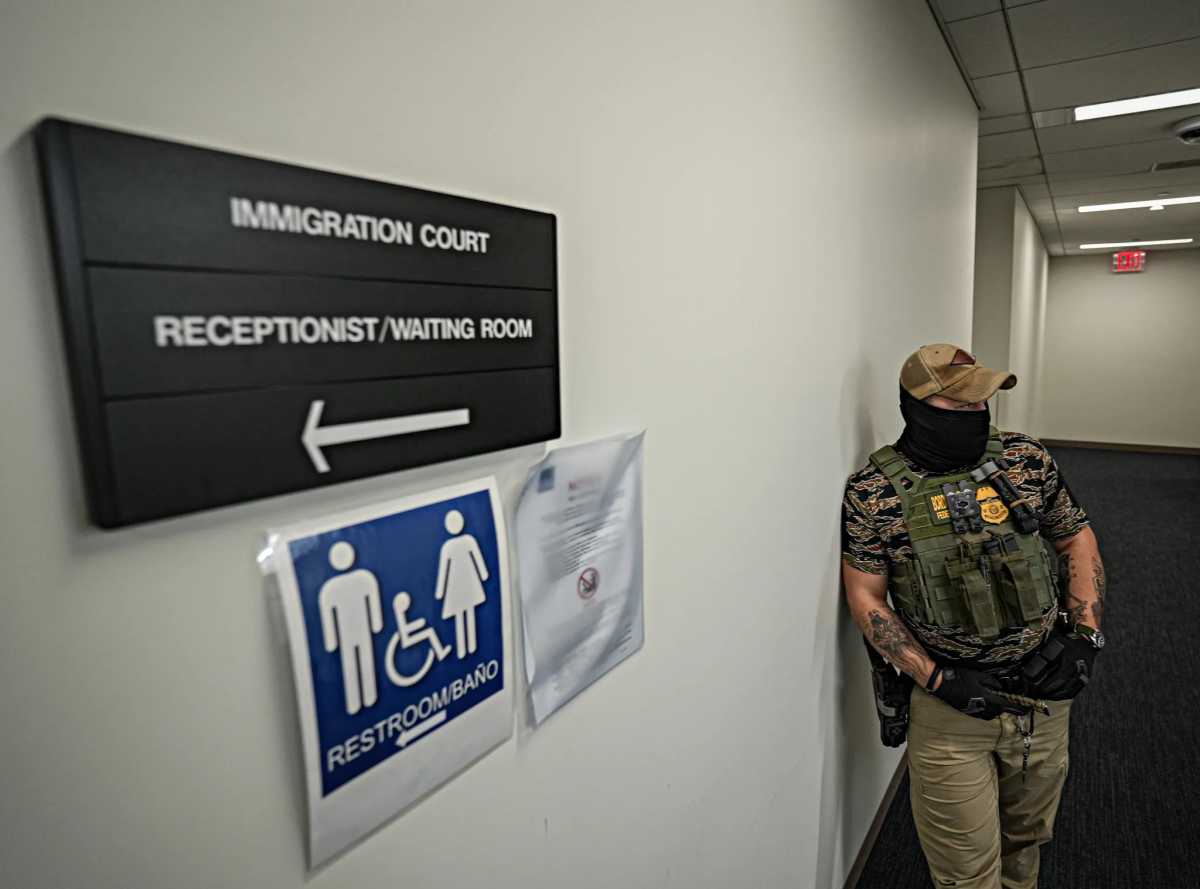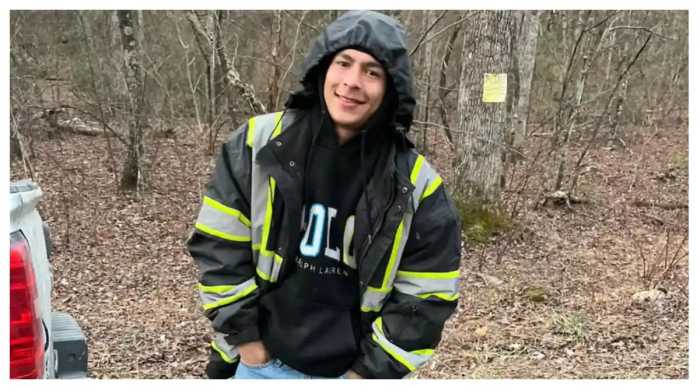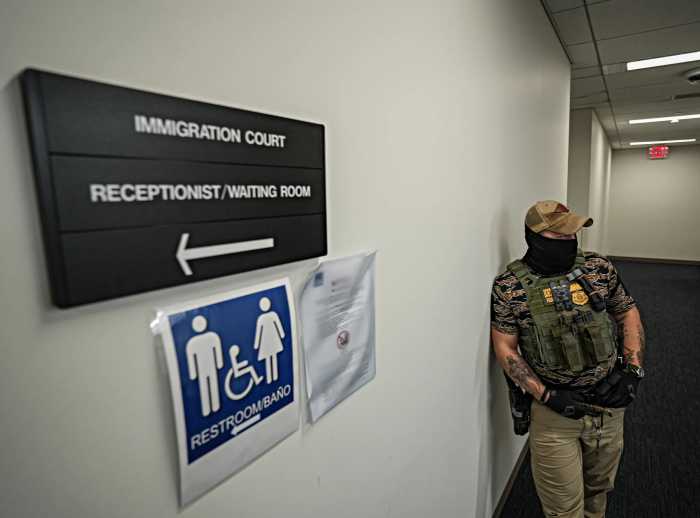By Tim Gay
O.K., O.K., some people might remember that I was a “clean up the discos” crusader back in the ’90s. But I’ve changed my perspective since those days when shooting bullets on the dance floor seemed to be a part of many clubs’ allure.
I still believe in a New Yorker’s right to sleep. If you ask me, any liquor-licensed nonrestaurant establishment with an occupancy of 103 to 30,000 should be located west of 13th Ave. — or at least below ground somewhere near the new water tunnel.
And I think drunken revelers trying to exit should instead be locked inside these disco vaults until they’ve slept off whatever substance they are on.
Or, they should be taught that polite partiers do not sing and set off car alarms at 4 a.m.
But that will not happen. We can only hope that the city enacts legislation that mandates soundproofing and noisy-crowd control.
Where I’ve changed my perspective is about drugs and clubs.
Recently, police raided and closed two discos, two bars and a gym — all of which happened to be, like, 92 percent gay — for drug dealing and underage drinking. I was walking past The View bar on Eighth Ave. as the police lit the place with klieg lights and led patrons out the door — it reminded me of a 1940s Weejee photo from the Daily News.
Could it be that the New York City drug trade was focused on these five venues? Hardly.
Back in the ’70s and ’80s, dealing was common in bars and discos. But so was smoking reefer in Bryant Part while on one’s lunch break. That all changed in the ’90s.
Neighborhood bars and big-time discos, valuing their liquor licenses, can’t afford to allow dealing. In fact, last summer, every gay bar on Eighth Ave. was told by the 10th Precinct to have door guards checking ID’s and monitoring the premises as well as the streets for any sign of drug dealing.
Astute New Yorkers, whether sophisticated “recreational users” or full-blown addicts, just don’t wait in line for hours and pay $20 admission fees to get inside a vibrating, pulsating blast of chaos only to crawl through 3,000 writhing bodies to find a dealer.
On the contrary, club people buy their drugs well in advance. They begin using those drugs several hours before going out for the night. Their drugs are “kicking in” while waiting in line.
And somewhere on their persons they’ve concealed the evening’s (and early morning’s) “bump” that will help them through the night.
For the jaded partygoer, buying drugs at a disco is a sign of an amateur — or a desperate addict who needs more-more-more.
Frankly, I wouldn’t know where to buy drugs. I can hardly find a Lotto dealer on Eighth Ave. these days.
So I asked some current, former and recovered users of recreational drugs about where they go to make a score or meet and greet their dealers. This is certainly not an inclusive list. And many users focus on one primary dealer and one backup source.
• Trendy and not-so-trendy Avenue A and B bars (“straight ones.”)
• Chat rooms (AOL) using code words to set up meetings.
• Certain Midtown theater blocks, lower Eighth Ave., far W. 10th St.
• Introductions from other friends/ users (“You’ve got to know someone.”)
• Waiting for “friends” outside of movie theaters.
• Starbucks
• Big Cup on Eighth Ave. (recently closed, not because of drugs but due to an exorbitant rent increase).
• Outside of Whole Foods
• The fountain at Lincoln Center
• By delivery to one’s office (“Payment was prearranged.”)
• Garden State Plaza Mall (one respondent)
Among those I talked to, several mention buying drugs at clubs, but “only once or twice” or “as a last resort — it’s way too expensive.” A number of users reported doing drugs with strangers in discreet after-hours clubs, quiet environments or simply sitting at home.
However, I think the real problem is how we view drug use and addiction.
We haven’t learned anything since the marijuana-benzedrine-narcotics busts of the ’50s, the ’60s acid years, the cocained ’80s and the Ecstasy-induced raves of the ’90s, not to mention the Rockefeller Drug Laws.
Our unsuccessful long-term policy of arresting dealers and users is like fighting diabetes by jailing fast-food restaurant workers and diabetics.






























